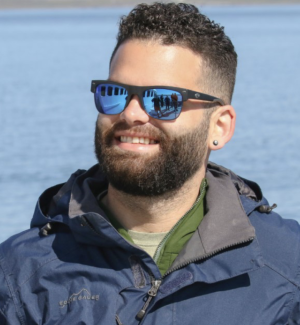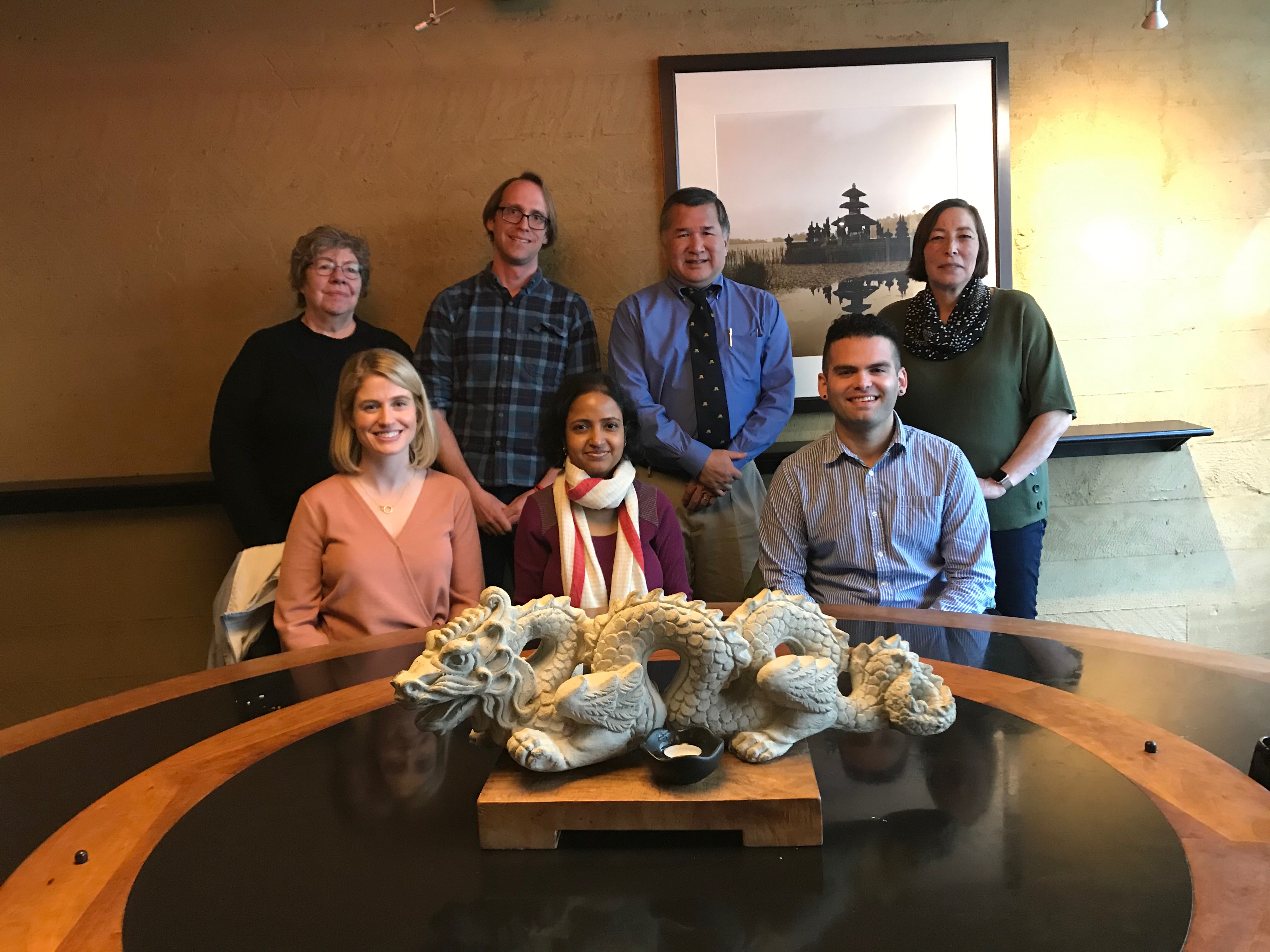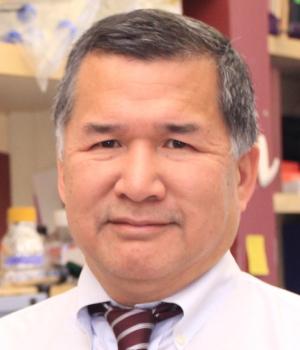Ferric C. Fang
Ferric C. Fang
The Fang laboratory studies a broad range of topics in bacterial pathogenesis, with a particular focus on phagocyte-pathogen interactions. Current projects focus on mechanisms of coordinate transcriptional regulation of virulence genes and antimicrobial resistance, and the pathogenesis of human typhoid and paratyphoid fever.
Prof. Ferric Fang attended Harvard College and Harvard Medical School. After obtaining his post-doctoral training at UC San Diego, he held faculty positions at UC San Diego and the University of Colorado before joining the faculty of the University of Washington in 2001.
Dr. Ryan Will completed his undergraduate and graduate studies at the University of Alberta under the supervision of Professor Laura Frost. He subsequently studied eukaryotic epigenetics at the Babraham Institute in Cambridge UK, before joining the Fang lab. Since coming to Seattle, Ryan’s research has focused on mechanisms of bacterial gene regulation and their relationship to bacterial evolution. Ryan is also Canadian, which we try not to hold against him. Much.
Dr. Fermin Guerra is a native of Cuba and received his bachelor's degree in Chemistry/Biology from New College of Florida. He received his doctoral degree from Montana State University, where he was mentored by Professor Jovanka Voyich. His research aims to define the mechanisms used by pathogens to evade the immune system and establish infection and use this knowledge for vaccine development and therapeutic intervention.
Dr. Wai Yee Fong is a native of Singapore who received her education at University College, London and the University of Liverpool, where she studied with Prof. Jay Hinton. She has a longstanding interest in the genetic determinants of bacterial virulence and is currently studying mechanisms of acid pH stress resistance in nontyphoidal and enteric fever Salmonella serovars.



Postdoctoral fellowship positions are available to study bacterial pathogenesis in the Fang Lab. Current projects include the pathogenesis of typhoid fever and mechanisms of virulence gene regulation. A Ph.D. or equivalent degree and prior experience in biochemistry, molecular biology, genetics or immunology are required. Priority will be given to candidates with relevant expertise.

